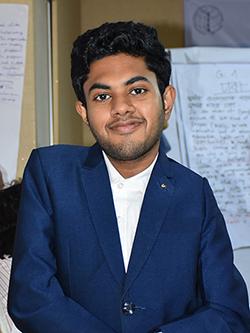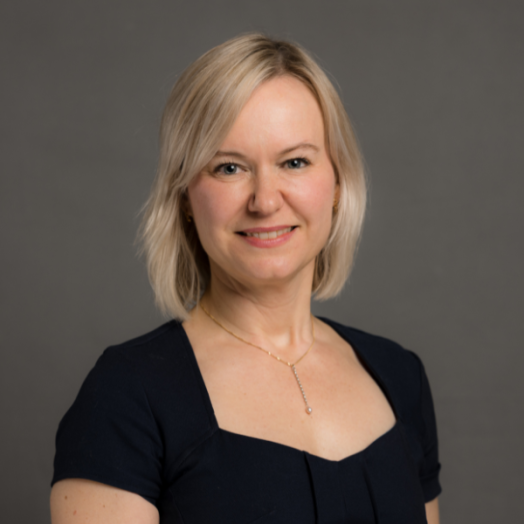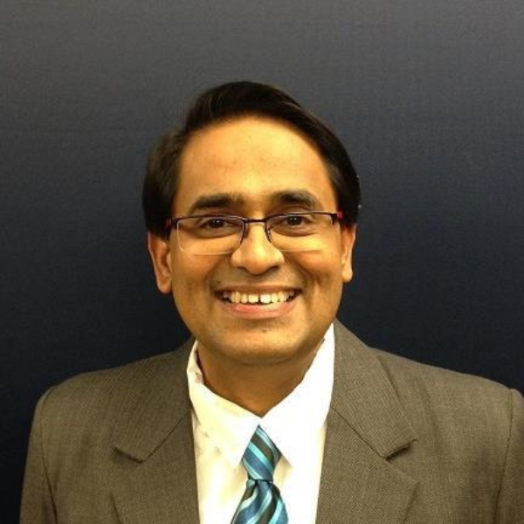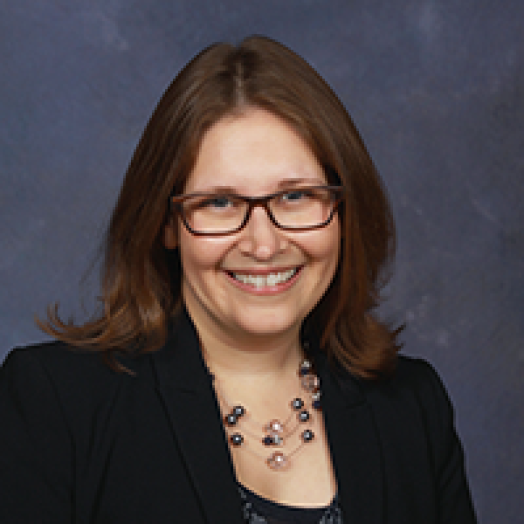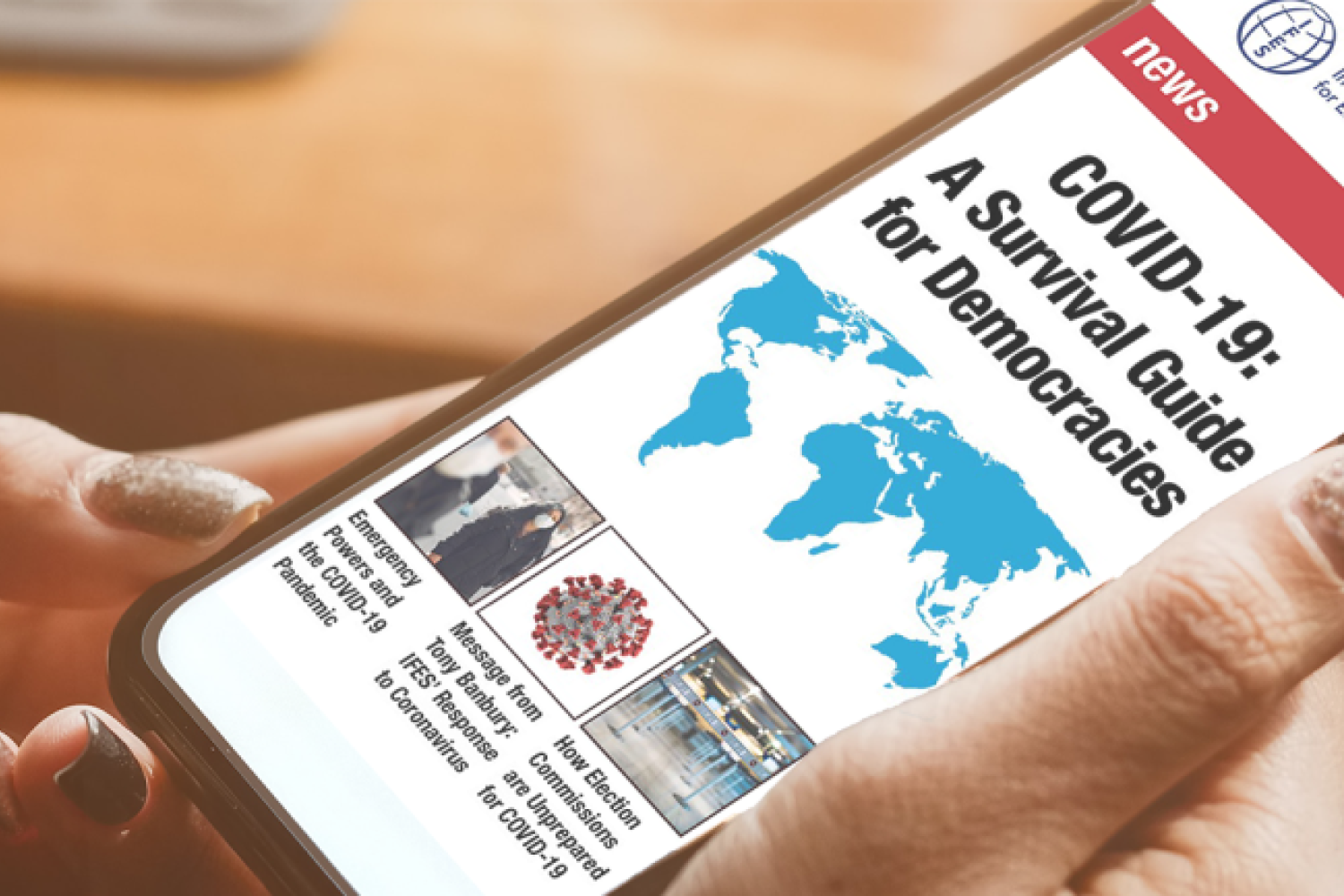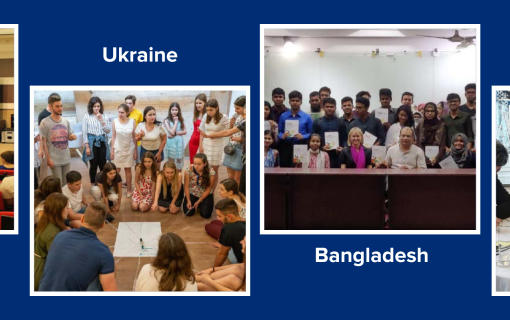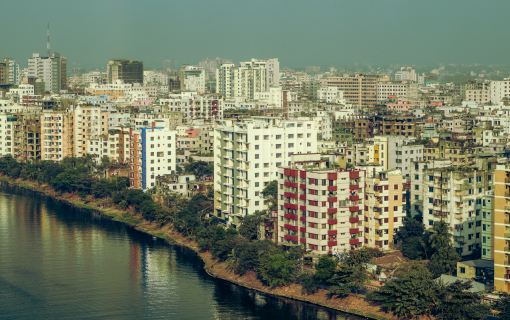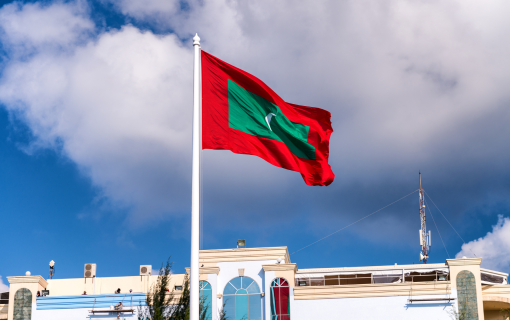Q&A With Nayem Molla, a Young Leader and Disability Rights Advocate in Bangladesh
Nayem Molla is taking a lead role in countering the spread of disinformation about COVID-19 in Bangladesh. Nayem works for the Physically-Challenged Development Foundation (PDF) and is a youth promise fellow and master trainer in the Students Against Violence Everywhere (SAVE) program, which equips university students with the skills and tools needed to mitigate and resolve conflict by peaceful means. As a SAVE youth promise fellow, Nayem conducts social research on the impact of COVID-19 across Bangladesh and seeks to mobilize his peers to counter disinformation and hate speech. In this Q&A, Nayem speaks about the importance of young people’s civic engagement, advocating for disability rights and ways young people can stop the spread of disinformation online during the COVID-19 pandemic.
Could you tell us about yourself and your work at PDF to advocate for youth civic engagement and disability rights?
My name is Nayem Molla. I consider myself an activist. My activism includes youth civic engagement, disability rights, human rights and peace. I started working with PDF in 2018 as a volunteer. In 2019, I was appointed as the policy and advocacy secretary at the Dhaka University chapter. Advocacy for inclusion of students with disabilities in political process and parties was the first thing I did. Three students with disabilities including me were elected in the Dhaka University Central Students’ Union election. Currently my designation at PDF’s Dhaka University chapter is organizing secretary. I also work with SAVE Youth as a master trainer and fellow. My responsibilities as fellow include countering disinformation and hate speech.
In what ways has your life changed since the COVID-19 pandemic began?
I used to pursue knowledge, do advocacy and other stuff in both physical and digital platforms. As a result of COVID-19, I’m doing everything on digital platforms now. Although, I am to deal with several challenges, which include getting access to the internet, feelings of isolation and lack of tools, I am doing my best to overcome these challenges in order to serve a greater purpose of the nation and human beings.
As a young activist, how are you continuing to advocate for young people with disabilities to participate in civic life during this time of social distancing and stay-at-home orders?
During this time of social distancing and stay-at-home orders, people with disabilities are at the greatest risk of human rights violation, being subjected to violence and hate speech. As we are to stay at home, I’m using social media, particularly Facebook, to advocate on behalf of young people with disabilities.
What can young people do to help stop the spread of disinformation on social media?
Young people can play an intermediary role in order to stop the spread of disinformation on social media platforms. Their role may include educating the targeted people, identifying disinformation, countering disinformation and increasing awareness among others.
"Access to greater resources provided by IFES programs prepared and motivated me to take a lead in combating the spread of disinformation on Facebook. I am thankful to IFES for supporting me from the very beginning."
How has your participation in International Foundation for Electoral Systems (IFES) programs prepared you to take a lead role in combating the spread of disinformation on social media?
Continuous increase of social media influence as the source of information and lack of understanding about disinformation helps spread disinformation rapidly in Bangladesh, which has resulted in several violent incidents. I wanted to work on this issue but didn’t have sound understanding and proper guidelines. IFES programs, particularly training on hate speech and disinformation, helped me understand disinformation, its negative impact in our daily life and how to counter it. Access to greater resources provided by IFES programs prepared and motivated me to take a lead in combating the spread of disinformation on Facebook. I am thankful to IFES for supporting me from the very beginning.
What advice would you give other young leaders to ensure COVID-19 information shared through social media is accessible and accurate?
My advice would be to all young leaders is to be 100 percent sure about the authenticity of sources and follow the guidelines of experts only. Alternative text or image description for any image will ensure accessibility for persons with visual disabilities. For persons with hearing disabilities, videos must have video captioning and/or sign language interpretation to ensure accessibility. So, I would advise to ensure image description, video captioning and/or sign language interpretation to ensure information on COVID- 19 shared through social media platforms is accessible. For people who belong to ethnic minorities and use their ethnic languages, information must be translated in their languages.
Nayem has taken to Facebook to mobilize his peers and spread awareness about disinformation, particularly false information related to COVID-19. In this video, Nayem explains that “technology has led to widespread rumors or disinformation. These rumors or disinformation have had a huge impact on our personal, social and political lives. We all should be aware of rumors or disinformation.” Watch Nayem’s video to learn how you can identify and combat the spread of disinformation.
The development of the SAVE program has been supported by the United Kingdom’s Department for International Development and the Foreign Commonwealth Office.




